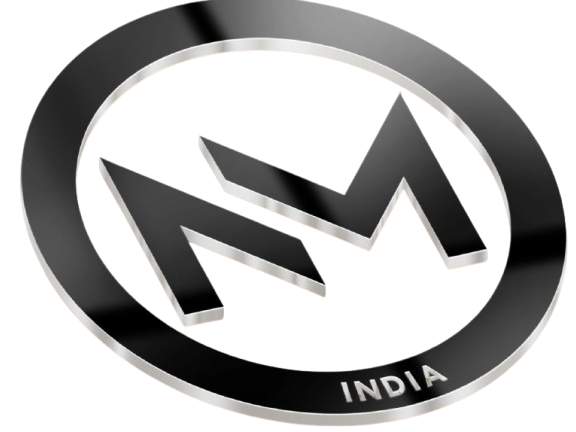Inside the Global Trade of Scrap: How Ferrous and Non-Ferrous Metals Travel the World
By :- Shivani Kandwal
Imagine this: A rusted copper wire pulled from a demolition site in Chicago makes its way across the ocean, ends up in a smelter in India, and is reborn as high-grade electrical cable. That’s the power of scrap — and you’re sitting on the supply chain.
If you buy, sell, or even think about metal recycling, knowing how the import and export of ferrous and non-ferrous scrap works can make or break your margins.
Let’s break it down.
Ferrous vs. Non-Ferrous: What Are You Shipping?
Ferrous metals contain iron — think steel beams, auto parts, heavy machinery.
Non-ferrous metals? That’s where the gold is (literally and figuratively): copper, aluminum, brass, zinc. They don’t rust, they’re in demand globally, and they often command higher prices per pound.
If you’re exporting copper wire or shipping aluminum scrap, you’re in a competitive, high-volume game where timing and paperwork matter as much as price.
What Makes or Breaks a Scrap Metal Deal? Logistics and Incoterms
If you don’t know your Incoterms, you’re gambling with your profits.
FOB (Free on Board): The seller handles everything until it’s loaded on the ship. After that? It’s the buyer’s risk.
CIF (Cost, Insurance & Freight): Seller covers the goods, the insurance, and the shipping to the buyer’s port.
EXW (Ex Works): The buyer picks it up from your door — simple for you, all the heavy lifting for them.
- CNF (Cost & Freight): Seller covers the cost of goods and the shipping to the buyer’s port.
The Hidden Power of Documentation
Customs loves paper. So do shipping companies. A single missing document can delay your load for weeks — and cost thousands.
Here’s what you’ll need:
Bill of Lading – Your contract with the carrier (Shipping Line)
- Commercial Invoice – Your company’s invoice describing the goods and its value
- FORM 6 & 9 – These are the forms that indicate transboundary movement of scrap material.
ISRI Codes – Standard classification for your scrap materials.
Packing List – What’s in the container and how much.
Certificate of Origin – Where the metal came from.
Non-Radioactivity Certificate – Mandatory for international shipments.
- Certificate of Analyses – It indicates a general assesment of the scrap material being exported –Mandatory for international shipments.
- PSIC Certificate – Mandatory for international shipments , issued by a designated person who has assessed the goods
Where the Profits Hide: Knowing the Prices
Everyone’s watching scrap metal prices. But few people understand them.
If you’re selling brass scrap, don’t just Google “brass price” — follow the markets daily, know the brass per poundvalue in both domestic and international lanes.
If you’re buying copper wire, compare the copper scrap price with the scrap copper price today — margins shift overnight.
You can always check our Daily Scrap Metal Prices to stay ahead of the curve.
And if aluminum’s your game? Keep an eye on the aluminum scrap price, cost of aluminum per pound, and where aluminum recycling prices are trending — especially in Asia.
Emerging Players: Electric Motor Recycling
Don’t ignore the rising star of electric motors recycling. With more e-waste and electric vehicle production, demand for recycled motors is growing fast.
If you want to sell scrap electric motors, you need to know their copper content and how to extract maximum value. Not all buyers pay fairly — and not all sellers know what they have.
Your Next Move
Whether you’re an exporter moving 10 containers a month or a local yard owner with 10 tons of clean copper, one truth holds:
Scrap is no longer local. It’s global.
Play smart. Know your materials. Understand Incoterms. Get your documents right. Watch the markets. And trust a partner who’s been there, shipped that.
📈 Stay updated with our live Scrap Metal Prices Dashboard – no fluff, just numbers you can use.
This isn’t just scrap. This is strategy. This is profit. This is your edge.
— Your team at NMO INDIA
